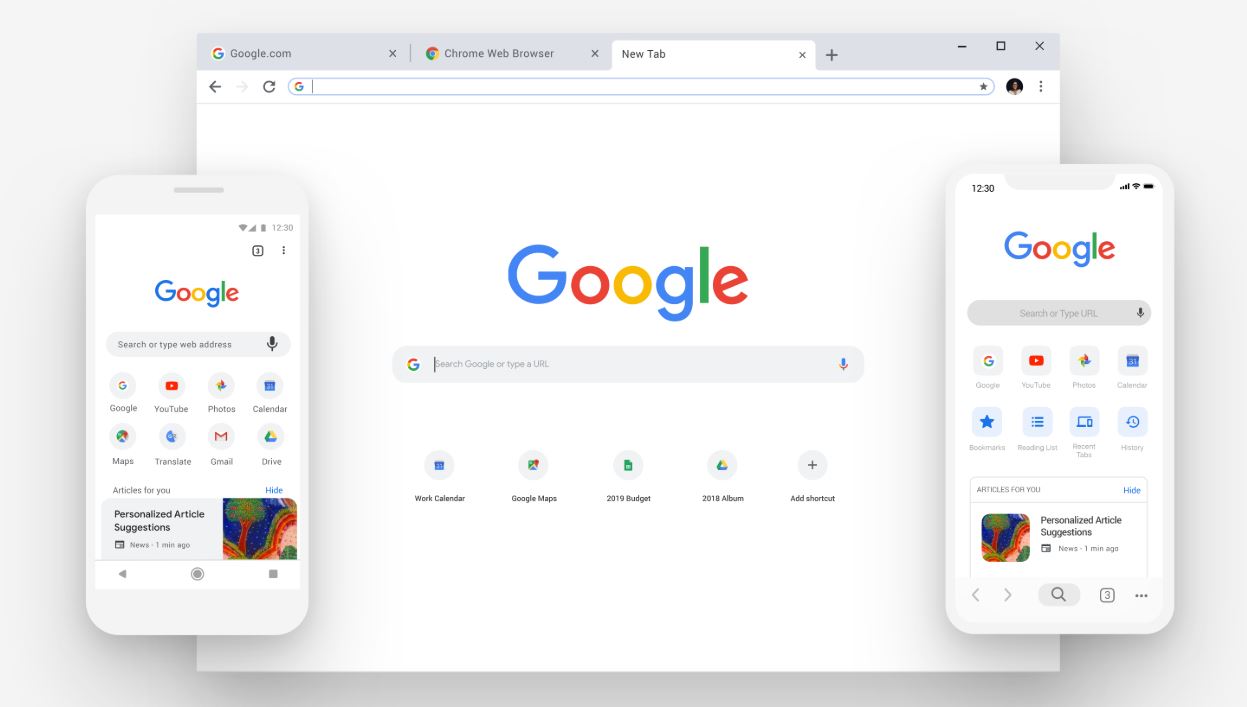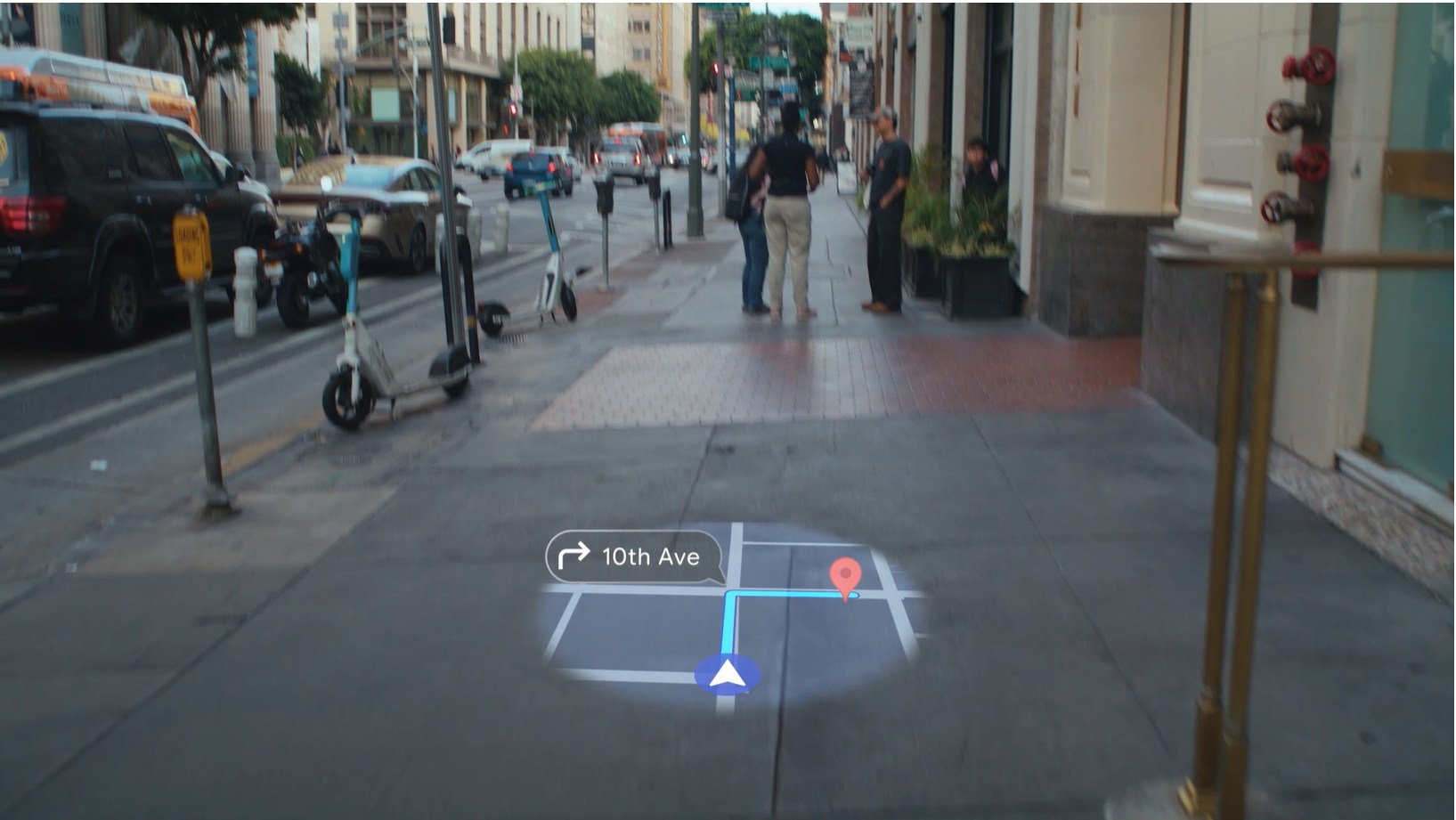Google to drop support for third party cookies in Chrome
3 min. read
Published on
Read our disclosure page to find out how can you help MSPoweruser sustain the editorial team Read more

In an effort to “re-architect the standard the web”, Google announced that it’d drop support for third-party cookies in Chrome withing two years. Third-party cookies are one of the mechanisms used to track users across the web and the company wants to put a full stop to it to make the Chrome browser “privacy-preserving”.
“This is our strategy to re-architect the standards of the web, to make it privacy-preserving by default,” Justin Schuh, Google’s director for Chrome engineering, told TechCrunch. “There’s been a lot of focus around third-party cookies, and that certainly is one of the tracking mechanisms, but that’s just a tracking mechanism and we’re calling it out because it’s the one that people are paying attention to.”
Worse for third-party cookies, Google will also start to limit the functionality of third-party cookies from next month. “Starting this February, Google will also implement some techniques for limiting cross-site tracking by enforcing its new SameSite rules and by requiring that cookies that are labeled for third-party use can only be accessed over an HTTPS connection”, TechCrunch reported.
Google’s decision to drop support for third-party cookies appears to have a negative impact on the advertising industry. This is one of the reasons why some, including those with decision-making power in Google, take issue with it.
“I’m not going to say that everyone has been on board for all of our proposals,” Schuh admitted. “But in all corners, some of the proposals have been received very well. For the ones that haven’t, we’re open to alternative solutions as long as they have the kind of privacy and security properties — as long as they have the same kind of predictability that we expect — because we don’t want to put Band-Aid solutions on top of the web, we would rather fix the architecture of the web, […] we just don’t see any alternative but to fix the architecture of the web.”
Schuh is of the opinion that dropping support for third-party cookies is in the best interest of the users. “We don’t want the web to be fragmented,” he said. “We don’t want people to have to figure out every different thing they have to do on every different browser. We want a level of consistency here, even if there are details that browsers choose to be different.”
What do our readers think about Google’s decision to drop support for third-party cookies? Do let us know in the comments below.








User forum
0 messages